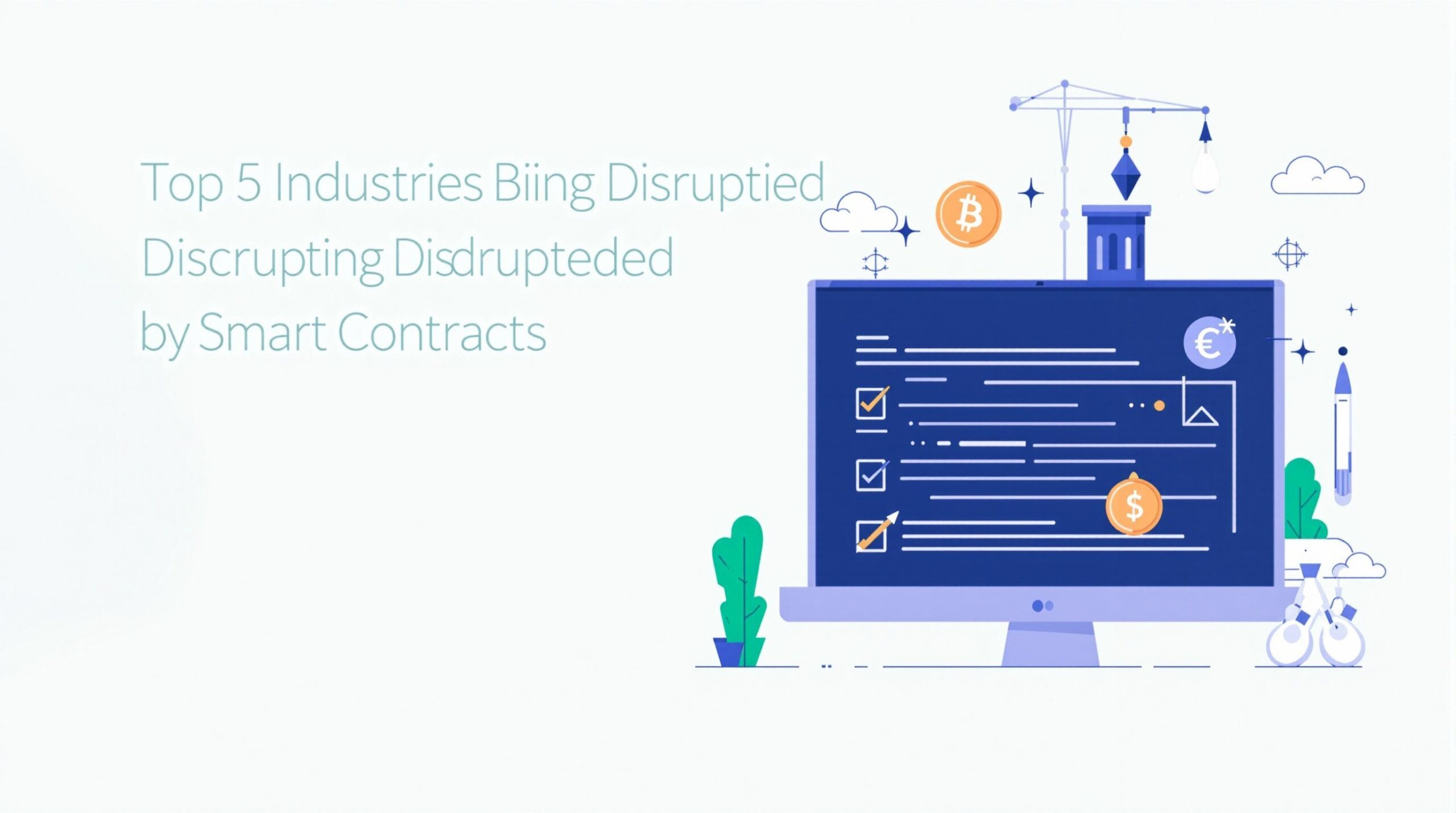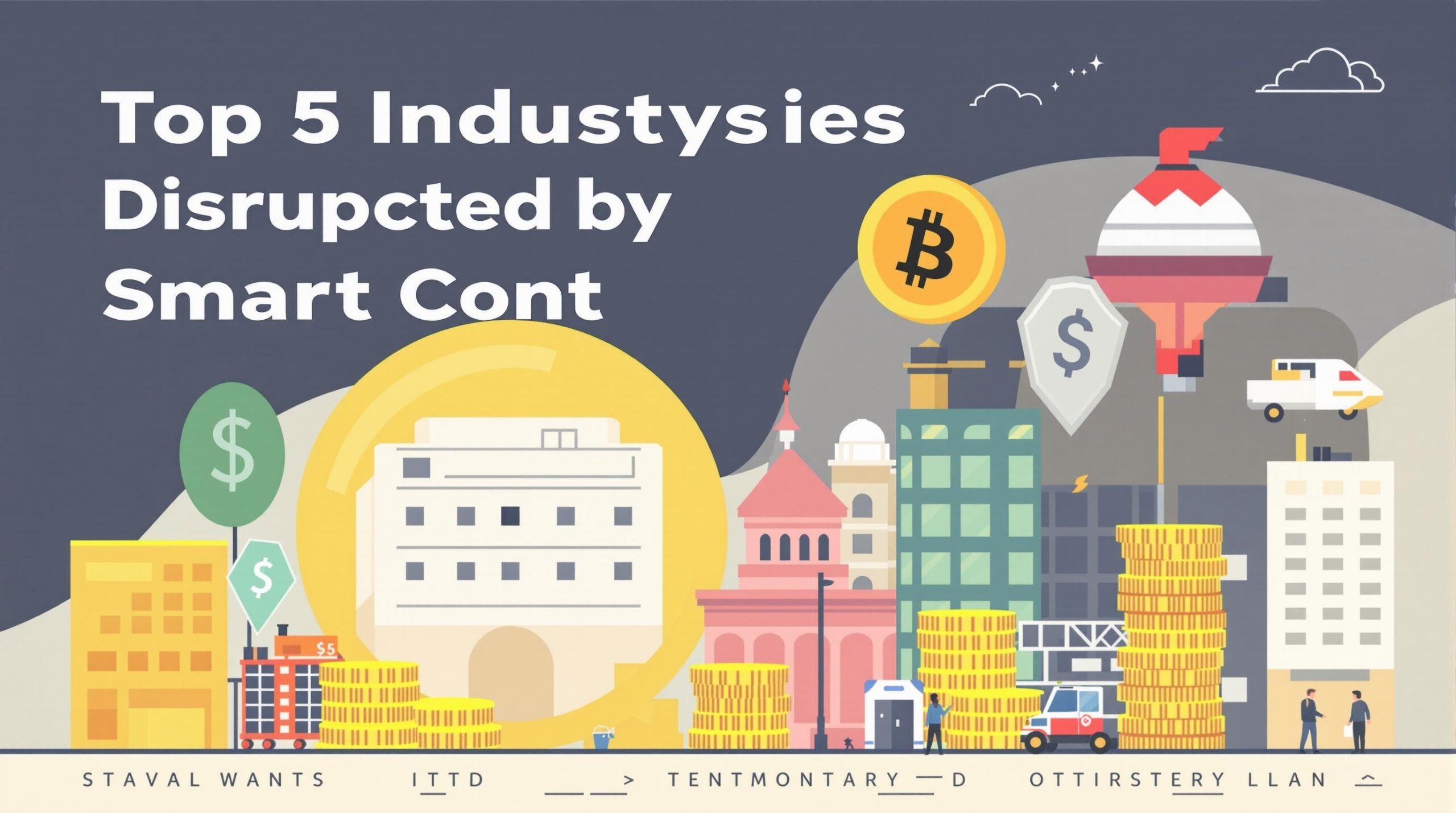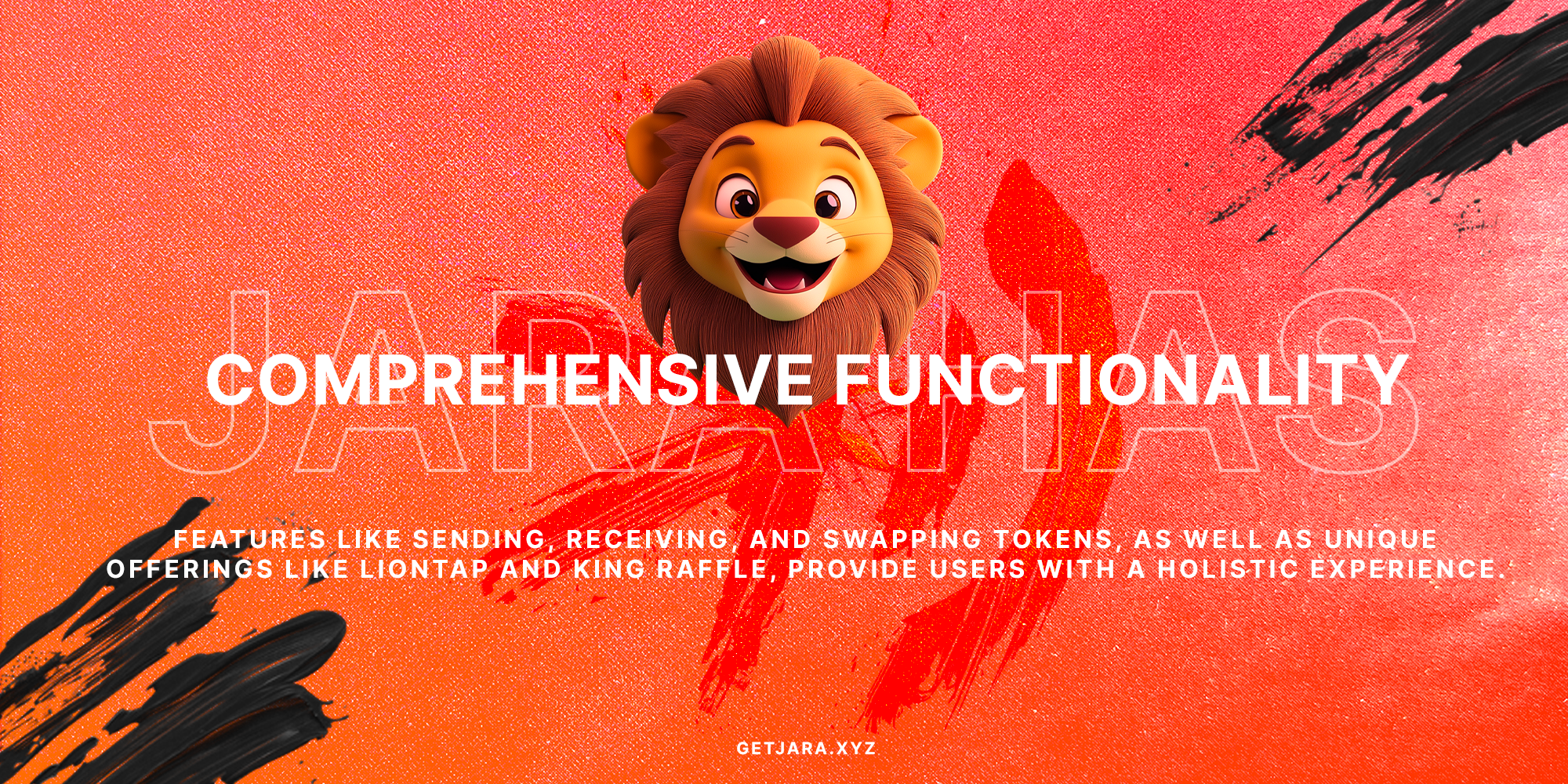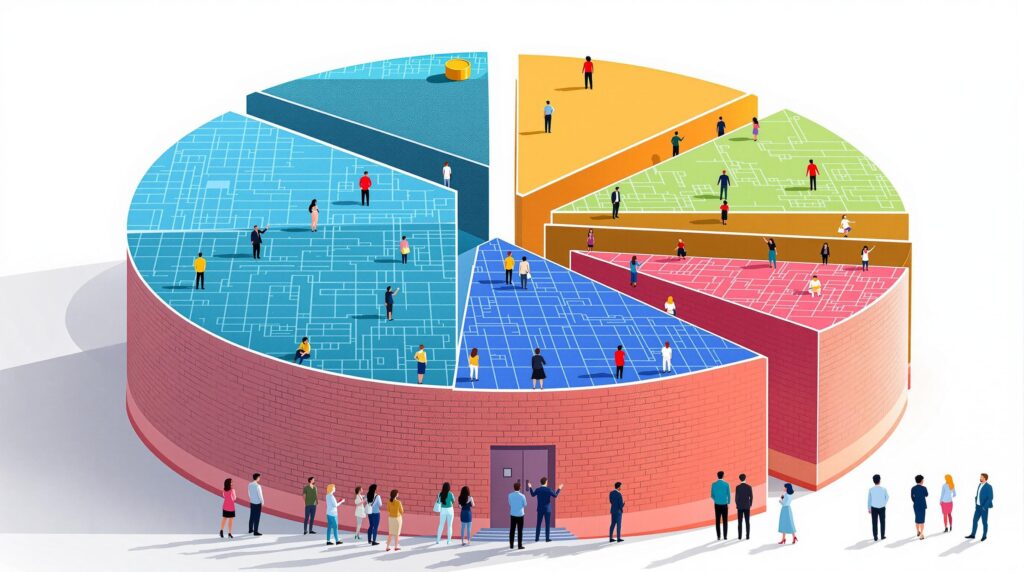The Banking Industry: Transforming Financial Transactions
Smart contracts are poised to revolutionize the banking industry by automating and securing transactions. With blockchain technology, banks can minimize fraud risks and significantly reduce transaction costs. This transformation is critical as it introduces a new level of efficiency and transparency, enticing more customers to adopt digital banking solutions.
Smart contracts in the banking industry automate complex transactions, ensuring they proceed without intermediaries, thereby enhancing trust and security.
Imagine a world where financial transactions are as simple as a few clicks – no delays, no hidden fees. With smart contracts reducing fraud and increasing transparency, this dream is rapidly becoming reality. Blockchain, the underlying technology of smart contracts, ensures every transaction is verifiable and immutable – meaning once recorded, it can’t be altered.
- Efficiency Boost: By automating routine processes, smart contracts save time and reduce labor costs.
- Cost Reduction: Reduced need for intermediaries leads to lower transaction fees for consumers.
- Risk Management: Transactions recorded on a blockchain are less susceptible to human error and fraud.
How does this impact you, the banking customer? Well, these innovations make your financial interactions smoother and cheaper. When you transfer funds internationally or finalize a property purchase, you won’t have to wait days or deal with exorbitant fees. Services like Jara offer an integrated digital ecosystem that enhances financial accessibility in Africa, providing secure and swift transactions.
“Jara – Unlocking the Future to Africa’s Crypto Ecosystem.”
The advent of smart contracts in banking heralds a significant shift towards financial inclusion. More people, particularly in Africa’s burgeoning economy, can now access banking services, bridging the gap between traditional systems and digital convenience. As a user of the Jara app, you’ll experience first-hand how seamless financial dealings can become with blockchain.
By promoting this technological shift, banks and companies like Jara not only enhance customer experiences but also fortify the economic structure across the continent. The blend of smart contracts and banking is a symbiotic advancement redefining trust and efficiency, paving the way for banks to evolve from slow, fee-heavy, and complex systems into agile, customer-centric services.
Invest in $JARA to fuel Africa’s $200B+ digital asset economy and become part of this revolutionary ecosystem.
The implementation of smart contracts in banking is more than just a technological upgrade; it’s a profound shift towards an inclusive, transparent financial future. As adoption grows, one can only imagine how dynamic the banking landscape will become, leading to a host of new opportunities and innovations on the horizon.
For more insights into how smart contracts are powering finance, stay connected with the latest trends and developments shaping the industry today.
The Real Estate Industry: Streamlining Property Transactions
In Africa, the process of buying or selling real estate often feels like navigating a complex web of paperwork and intermediaries. Ever wonder why it takes so long to finalize a property deal? Think about the countless documents that need verification and the homework needed to ensure everything’s above board. Here, smart contracts enter the scene like a breath of fresh air.
But what exactly makes smart contracts a game-changer? Imagine automating the entire process—similar to setting your coffee maker to brew your morning coffee before you wake up. Smart contracts can automate contract execution and ensure funds are released only when agreed-upon conditions are satisfied. This could mean reduced time and costs, and a peace of mind that traditional methods struggle to provide.
Why are smart contracts effective? They reduce the chances of underhanded practices and streamline the real estate process by automating agreement conditions.
Moreover, traditional escrow companies may find themselves rethinking their business models as these digital contracts step in. With smart contracts, the conditions of the contract are embedded in code, making it impossible for any party to unjustly hold funds.
Now, let’s talk about Jara’s approach to the real estate sector in Africa. This dynamic platform leverages the power of the $JARA token, anchoring a robust ecosystem that not only digitizes but democratizes access to real estate investments. Want to own a slice of the massive $6 billion Lagos airport project? With Jara, that’s just the beginning.
Jara’s proprietary Layer 2 blockchain ensures secure, fast transactions with minimal fees. The prospects for the real estate industry are expansive as these tokens open up previously inaccessible investment opportunities to a broader audience. Picture this: a future where buying property is as easy and secure as sending a text. For this, the $JARA token is not just a token; it’s your key to participating in Africa’s next economic boom.
“Jara – Unlocking the Future to Africa’s Crypto Ecosystem.”
With pros and cons of using smart contracts well-managed, we stand on the brink of a transformative era for real estate. Imagine bypassing the hassle and the often prohibitive fees of intermediaries, making homeownership and global investments within reach for many across Africa.
Still curious about the future of real estate? Consider how these developments may not only refine today’s real estate market but might reduce fraud and disputes in the long term, truly revolutionizing the way property transactions are approached and executed.
The advent of smart contracts in real estate isn’t just about efficiency. It’s about empowerment. It’s about giving power back to the people, allowing Africans to harness the legal binding nature of technology to redefine ownership and investment in ways never thought possible before.

The Healthcare Industry: Enhancing Medical Record Management
As the digital landscape evolves, the healthcare industry is seizing the potential of smart contracts to enhance medical record management. But what exactly can smart contracts do for healthcare? Smart contracts can create a secure, decentralized method for storing and managing patient records, reducing the risk of data breaches and ensuring data integrity. By leveraging blockchain, healthcare providers can establish a trustless system that confirms patient identity and ensures consistent data access across multiple platforms.
How do smart contracts improve healthcare? Smart contracts offer a decentralized platform for secure and efficient medical record management, enhancing data integrity and reducing administrative burdens.
One of the most significant benefits for healthcare automation is the reduction of administrative overhead. Traditionally, transferring patient records between doctors, hospitals, and insurance companies involves cumbersome, error-prone processes. Using smart contracts, this transfer becomes seamless and tamper-resistant. Imagine never having to worry about lost paperwork or incomplete patient histories again!
Additionally, smart contracts can facilitate information sharing not only within the healthcare ecosystem but also across borders. This could prove particularly beneficial in developing regions like Africa, where a unified medical records system can vastly improve patient outcomes. The $JARA ecosystem emphasizes this potential by positioning its advanced infrastructure to catalyze Africa’s digital transformation, empowering patients and medical providers with trust-based data management solutions.
“Jara- Unlocking the Future to Africa’s Crypto Ecosystem.”
Moreover, patient privacy is safeguarded through the encryption capabilities inherent in blockchain technology, which underpins smart contracts. This encryption ensures that sensitive information like medical histories and treatments are accessible only to authenticated parties. Therefore, patients can rest assured that their personal data is protected from unauthorized access, which is a growing concern in the digital age.
For healthcare professionals, the integration of smart contracts promises to streamline operations significantly. By automating routine tasks such as billing, compliance checks, and supply chain management, healthcare can transition to a more efficient, less error-prone system. This transition paves the way for more focus on patient care, rather than time-consuming administrative duties.
In conclusion, the potential for smart contracts to transform healthcare is enormous. They provide a reliable, transparent, and decentralized platform that enhances patient data management. As the adoption of these technologies grows, we can expect a radical improvement in how healthcare services are delivered, especially in emerging markets throughout Africa. Given the innovations led by companies like Jara, this is just the beginning of a healthcare revolution.
The Legal Industry: Revolutionizing Contractual Agreements
In the rapidly evolving landscape of digital transformation, the legal industry is at the brink of a significant overhaul thanks to smart contracts. These self-executing agreements are much more than lines of code—they are revolutionizing how we perceive and engage in legal transactions. By automating processes and mitigating the need for intermediaries, smart contracts are making legal services more efficient and accessible, particularly across Africa’s burgeoning digital economy.
What is a smart contract? A smart contract is a self-executing contract with the terms of the agreement directly written into code, automatically enforcing and executing based on predetermined conditions.
Smart contracts in the legal sector offer several key advantages:
- Automation: The elimination of manual processes reduces administrative burden. By leveraging automation, contracts are executed immediately once the stipulated conditions are met, significantly decreasing the time and cost involved in legal processes.
- Efficiency: Without the need for intermediaries, legal transactions can proceed smoothly with fewer opportunities for human error. This streamlined approach can make legal services not only faster but potentially cheaper, a crucial benefit for businesses embracing automation.
- Transparency: As smart contracts are stored on a blockchain, they guarantee transparency at all stages of execution. All parties involved can verify the contract terms and monitor compliance, enhancing trust in legal agreements.
Consider the impact on contract compliance: Traditionally, enforcing contracts could involve lengthy legal battles or arbitration. However, smart contracts ensure immediate compliance since they enforce agreed-upon terms automatically. This not only accelerates procedures but also reduces disputes and litigations, sparking a profound transformation in the legal landscape.
“Smart contracts stand at the forefront of a technological renaissance within the legal industry, streamlining operations and enhancing trust.” – Legal Tech Innovator
The economic implications of transitioning to smart contracts are equally compelling. Law firms can reduce overhead costs significantly by cutting down hours spent on contract management, freeing up resources to focus on higher-value activities. Moreover, by broadening access to reliable and less expensive legal services, there’s potential for a larger client base, including small businesses and individual practitioners previously deterred by cost barriers.
Furthermore, Africa presents a fertile ground for deploying smart contracts due to its ongoing digital revolution. Companies like Jara, which is positioning itself in the convergence of blockchain technology and economic empowerment, demonstrate how these digital solutions aren’t just about disruption; they’re about creating new paradigms of financial inclusion and economic growth.
Why consider smart contracts for your business? Embracing smart contracts can enhance efficiency, reduce costs, and guarantee compliance, marking a substantial advancement in how legal frameworks are executed.
As this transformation continues, the embrace of smart contracts in the legal realm isn’t merely an option—it’s an inevitability. For firms like Jara, investing in smart contract technology represents a commitment to innovation and a strategic alignment with the future of legal services. The question is, how soon will your firm step into this future?

How do smart contracts enhance the efficiency of insurance claims?
Smart contracts improve the efficiency of insurance claims by automating the claims process. This automation ensures that claims are processed accurately and quickly, reducing the time required for manual verification. By utilizing smart contracts, insurance companies can reduce administrative costs and provide faster settlements to policyholders.
What role do smart contracts play in supply chain management?
In supply chain management, smart contracts facilitate transparency and traceability. They automatically execute steps in the supply chain based on pre-defined conditions, such as the verification of a shipment receipt. This reduces bottlenecks, enhances visibility, and ensures that all parties uphold their contractual obligations.
Why are smart contracts considered more secure than traditional contracts?
Smart contracts are considered more secure than traditional contracts due to their reliance on blockchain technology. This technology provides a decentralized, tamper-proof ledger, ensuring that contractual terms are executed as intended without the risk of alteration or fraud.
Can smart contracts save consumer retail businesses time and money?
Yes, smart contracts can save consumer retail businesses time and money by automating transactions and streamlining payment processes. This automation eliminates intermediaries, reduces transaction fees, and decreases the potential for human error, leading to cost savings for retailers.

Related Pages We Recommend
Explore these additional pages to learn more about the transformative impact of smart contracts across various industries.
Discover What Our Clients Are Saying
Our dedication to excellence in Smart Contracts & Automation is evident in every case we undertake. The positive feedback from our clients is a testament to the hard work and dedication we consistently deliver.

Discover How Jara Leads the Way in Smart Contracts & Automation
Ready to revolutionize your industry with the power of smart contracts? Tap into unparalleled efficiency and security with Jara.
At Jara, we are passionate about bridging global capital to African assets through cutting-edge technology and smart contract solutions. As industries like banking, real estate, and healthcare are being transformed by automation, our team stands ready to guide you through this digital revolution.
- Expert Guidance: Our experienced team crafts tailored strategies to leverage smart contracts specifically for your industry needs.
- Seamless Integration: Streamline your business operations by integrating advanced automation with ease.
- Secure Solutions: Enhance trust and authenticity in your transactions with our robust and secure smart contract frameworks.
Don’t just take our word for it. See how we’ve been recognized:
“$JARA: Bridging Global Capital to African Assets” – Let us guide your business into a future defined by innovation and efficiency.
Seize the opportunity to capitalize on the transformative power of automation. Contact us at [email protected] and become part of the smart contract revolution transforming industries worldwide. Don’t wait – download the Jara app today on Android and iPhone to get started!
Understanding Smart Contracts
Smart contracts are revolutionizing various industries by automating processes, ensuring transparency, and reducing human intervention. But, what exactly are smart contracts? In simplest terms, they are self-executing contracts with the terms of the agreement directly written into lines of code. They are utilized in blockchain environments to facilitate, verify, or enforce the performance of a contract without needing a third party.
1. The Real Estate Industry
The traditional real estate transaction process can be cumbersome, bogged down with endless paperwork and often requiring multiple intermediaries. Smart contracts are streamlining this by:
- Reducing Paperwork: All contractual transactions and agreements are digitally handled, cutting down on time and resources.
- Ensuring Trust: Blockchain’s immutable nature provides an indelible record of ownership and transaction history.
2. The Financial Services Sector
Smart contracts are making significant contributions to enhancing efficiency in the financial services industry:
- Automating Processes: Activities such as loan dispensation and insurance claims are handled automatically, ensuring speed and accuracy.
- Lowering Costs: By eliminating intermediaries, the need for excessive fees and manual checks are reduced.
3. Supply Chain Management
Managing complex global supply chains can be challenging, but smart contracts are providing solutions by:
- Enhancing Transparency: Each step of the supply chain is recorded transparently on the blockchain, accessible to all stakeholders.
- Improving Efficiency: Automating orders and payments based on contract conditions increases speed and reduces errors.
4. The Healthcare Industry
Smart contracts have the potential to transform healthcare systems. They contribute to:
- Secure Patient Data: Maintaining privacy and security by encrypting medical records on a decentralized system.
- Streamlining Insurance: Automating reimbursements and approvals, reducing the administrative burden on healthcare providers.
5. Intellectual Property (IP) Rights
Intellectual property rights have traditionally been difficult to enforce, but smart contracts offer solutions to:
- Protect Creators: Smart contracts ensure creators receive automatic payments when their content is used or sold.
- Maintain Authorship: By timestamping and recording creations on a blockchain, ownership claims are indisputable.
“Smart contracts are not just a trend; they are the tools that will redefine and streamline industries, making them more transparent and efficient.”

















